Should Prostitution Be Legal?
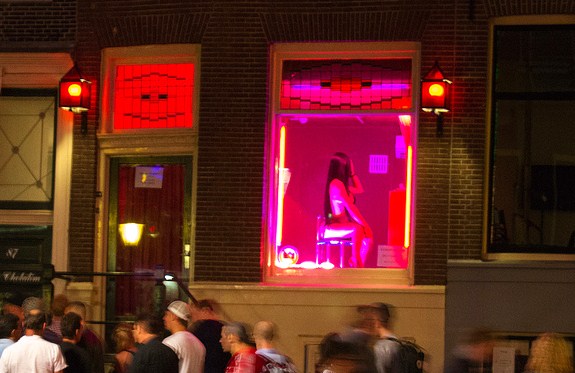 While modern media exploit the human body to sell ideas, products, femininity and masculinity on television, in movies, magazines, and much else, they cast shadows on the sale of sex itself, although this involves the same capitalistic notions that are tirelessly promoted. The bottom line is: sex sells, but one cannot buy sex without paying a moral price.
While modern media exploit the human body to sell ideas, products, femininity and masculinity on television, in movies, magazines, and much else, they cast shadows on the sale of sex itself, although this involves the same capitalistic notions that are tirelessly promoted. The bottom line is: sex sells, but one cannot buy sex without paying a moral price.
Law-enforcement authorities argue that, by keeping prostitution illegal, they provide a safety measure for communities and for the women and men involved in trading acts of a sexual nature. The idea behind this is that prostitutes off the streets will equal less crime. According to Joseph Petrocelli, “Prostitution attracts strangers to a neighborhood and provides a seedbed for other street level crimes, including illegal drug use. Street prostitution and the element it attracts can have a detrimental effect on an entire neighborhood. Legitimate businesses suffer as customers avoid the area… street prostitution accounts for only 10 to 20 percent of all prostitution, it has the largest negative impact on the community.”
Proponents for the decriminalization of prostitution say that the laws have driven the industry underground, to conditions that are possibly unsafe for the prostitutes and their clients and that might also open a window to underground markets such as child prostitution and human trafficking. Health and violence issues arise, like the spread of HIV/AIDS and the occurrence of rapes. Injured prostitutes are generally afraid to go to the police, because they run the risk of being arrested; they know that the perpetrators will not be prosecuted, and potentially dangerous individuals will remain free to walk the streets and injure again.
In cases such as human trafficking, coercion in one way or another is involved, whether it be kidnapping or the promise of a life in a new country. The illegal traffic of women and children for prostitution is a real global epidemic. Sex-worker advocacy groups are working globally to promote human rights and help combat human trafficking. They also aim to distinguish willing from unwilling, and adult from underage prostitutes. According to Marjan Wijers Chair of the European Commission’s Expert Group on Trafficking in Human Beings, “Criminalizing the sex industry creates ideal conditions for rampant exploitation and abuse of sex workers…[I]t is believed that trafficking in women, coercion and exploitation can only be stopped if the existence of prostitution is recognized and the legal and social rights of prostitutes are guaranteed.”
What are the solutions to the ever-growing $100 billion a year global industry? Sex Workers Outreach Project (SWOP) advocates for a repeal of the laws that criminalize prostitution. SWOP favors an Australian decriminalization model that allows prostitutes to go into business for themselves without the restriction of their human rights, rather than work from regulated brothels like those of Nevada and Amsterdam. Nevada brothels, for example, “impose some extraordinary restrictions on commercial sex workers” to “separate [them] from the local community.” Some brothels forbid prostitutes from leaving for extended periods; other jurisdictions require them to leave the county when they are not working. The prostitutes are not permitted to leave the brothels after 5 pm. Some brothel workers must register their cars with the local police, and in some counties, registered sex workers are not allowed to have cars.
A critical analysis of legalized prostitution in Amsterdam’s Red Light District in a 2010 Humanity In Action report concluded that “By attempting to remove criminal profiteering and improve conditions for sex workers, the government has created an environment that hampers those workers’ ability to independently drive economic growth and development – the definition of successful business.”
In Australia, prostitution reform has led to legalization and decriminalization that varies from territory to territory. In New South Wales, prostitution has been decriminalized since 1979 but it is still illegal to prostitute children, solicit prostitution near or within view of a dwelling, school, church or hospital, or advertise a dwelling as a place of prostitution. According to a 210-page 2012 UN report by Australian human rights lawyer John Godwin, New Zealand and Australia’s New South Wales province are models of how decriminalization of prostitution boosted condom use and slowed the spread of HIV, resulting in “extremely low or nonexistent” transmission of sexual diseases among prostitutes. The same report states that “The terms ‘prostitution’ and ‘prostitute’ have negative connotations and are considered by advocates of sex workers to be stigmatizing.”
In Sweden, a “Sex Purchase Law” permits prostitution but criminalizes the clients. Prostitutes are viewed as victims and are immune from charges, but brothel owners and pimps are charged with a crime. “We don’t have a problem with prostitutes. We have a problem with men who buy sex,” said Kajsa Wahlberg, of the human trafficking unit at Sweden’s national police board. Many other European countries are studying this model.
Most advocates of sex work consider prostitution to be a victimless crime if the involved parties are consensual. According to Sherry F. Colb, JD, Judge Frederick Lacey Scholar at Rutgers Law School: “Prostitution should not be a crime. Prostitutes are not committing an inherently harmful act. While the spread of disease and other detriments are possible in the practice of prostitution, criminalization is a sure way of exacerbating rather than addressing such effects. We saw this quite clearly in the time of alcohol prohibition in this country…. What makes prostitution a ‘victimless crime’ in the sense that no one is necessarily harmed by it is that there are consenting adults involved.”
Editor’s Notes: The statements, views, and opinions expressed in this article are solely those of the author and do not necessarily represent those of News Junkie Post. Photograph one by Yoh, photograph two by Mo’s, photograph three by Surian Soosay, photographs four and seven by Michael Coghlan, and photograph five by Marcus Walker.
Related Articles


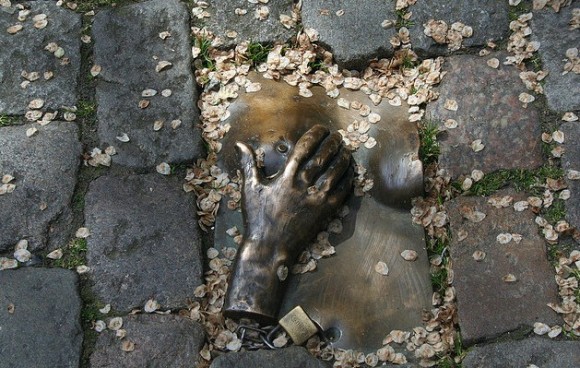

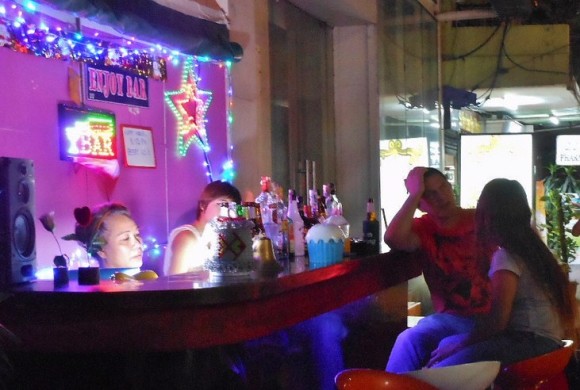
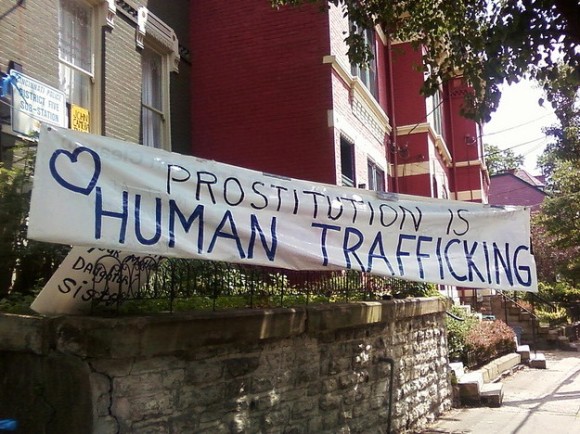
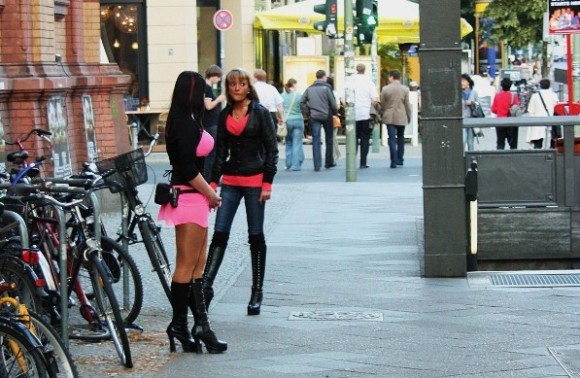
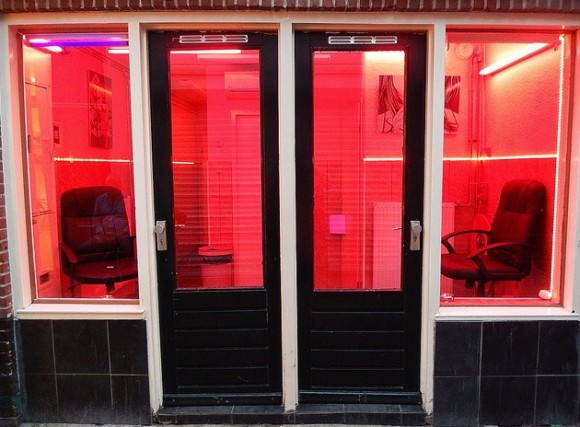











You must be logged in to post a comment Login